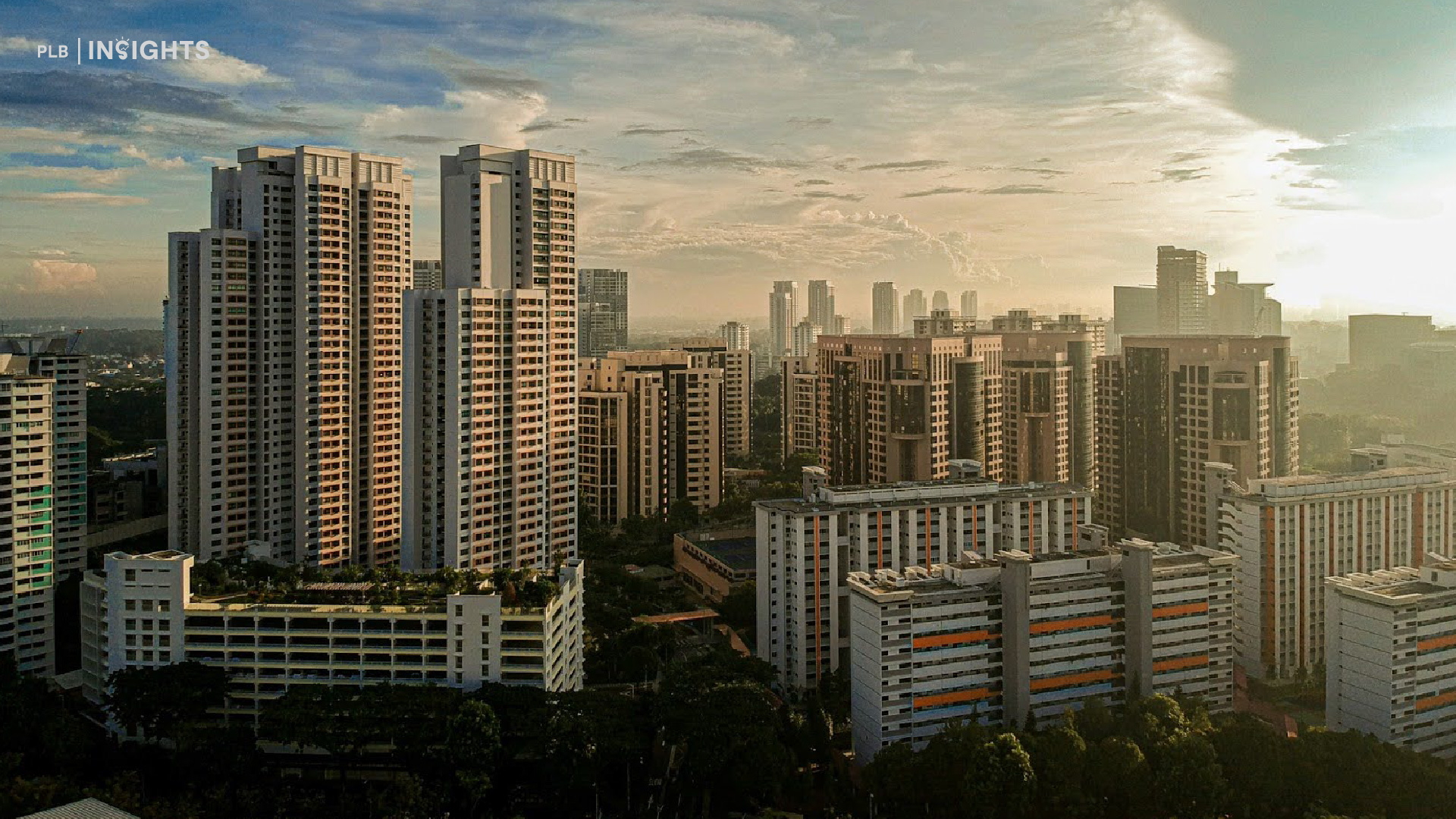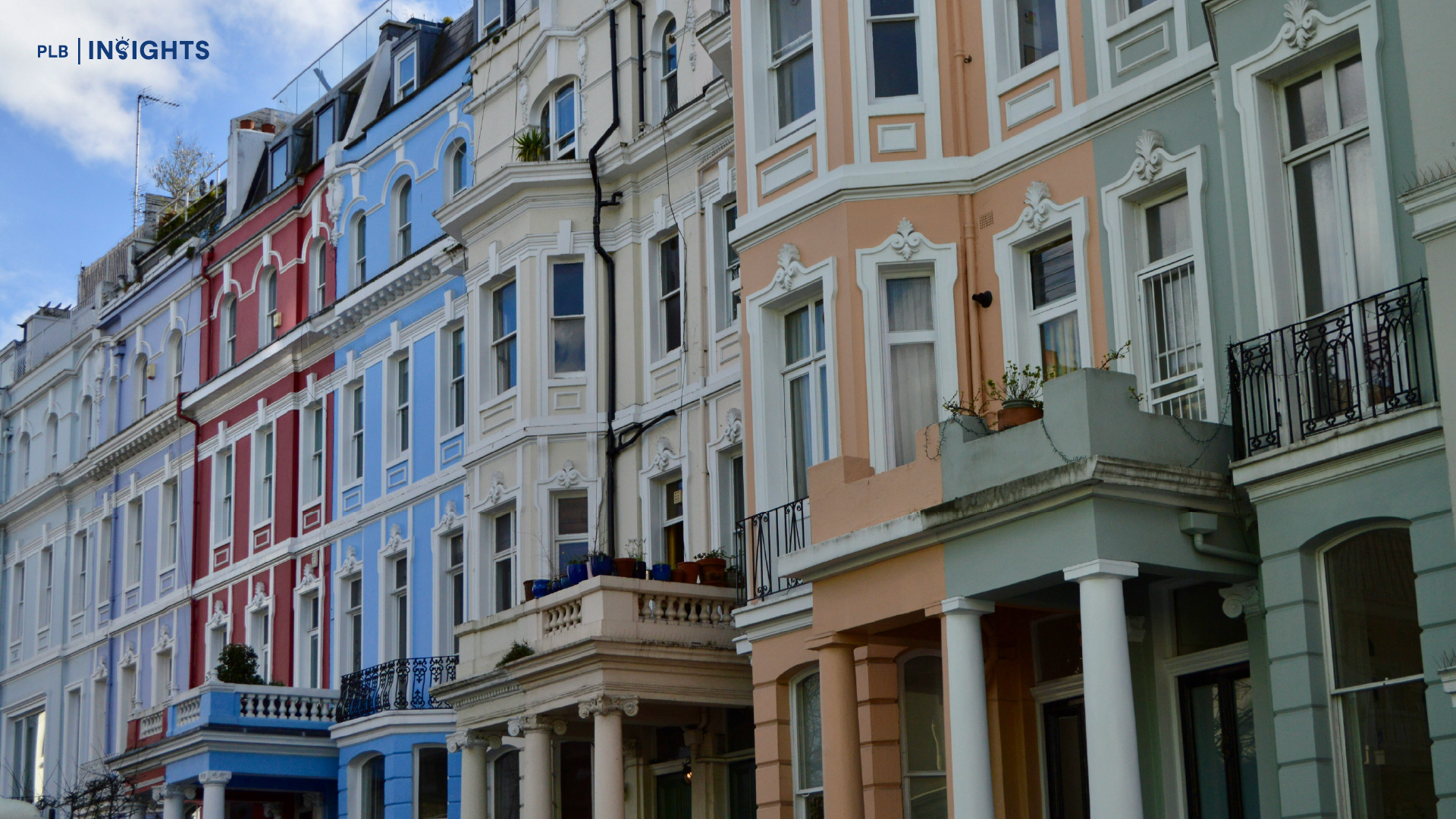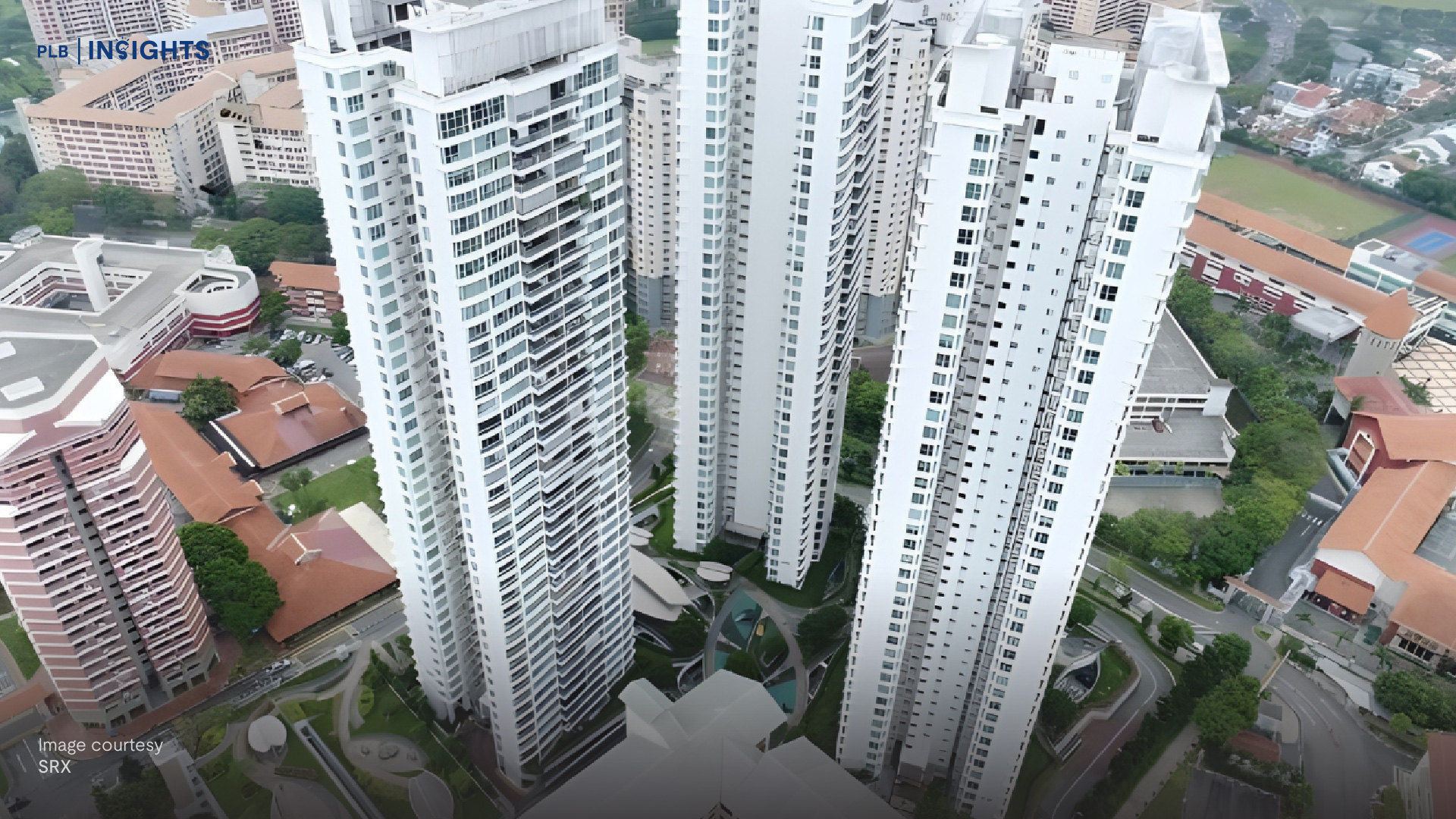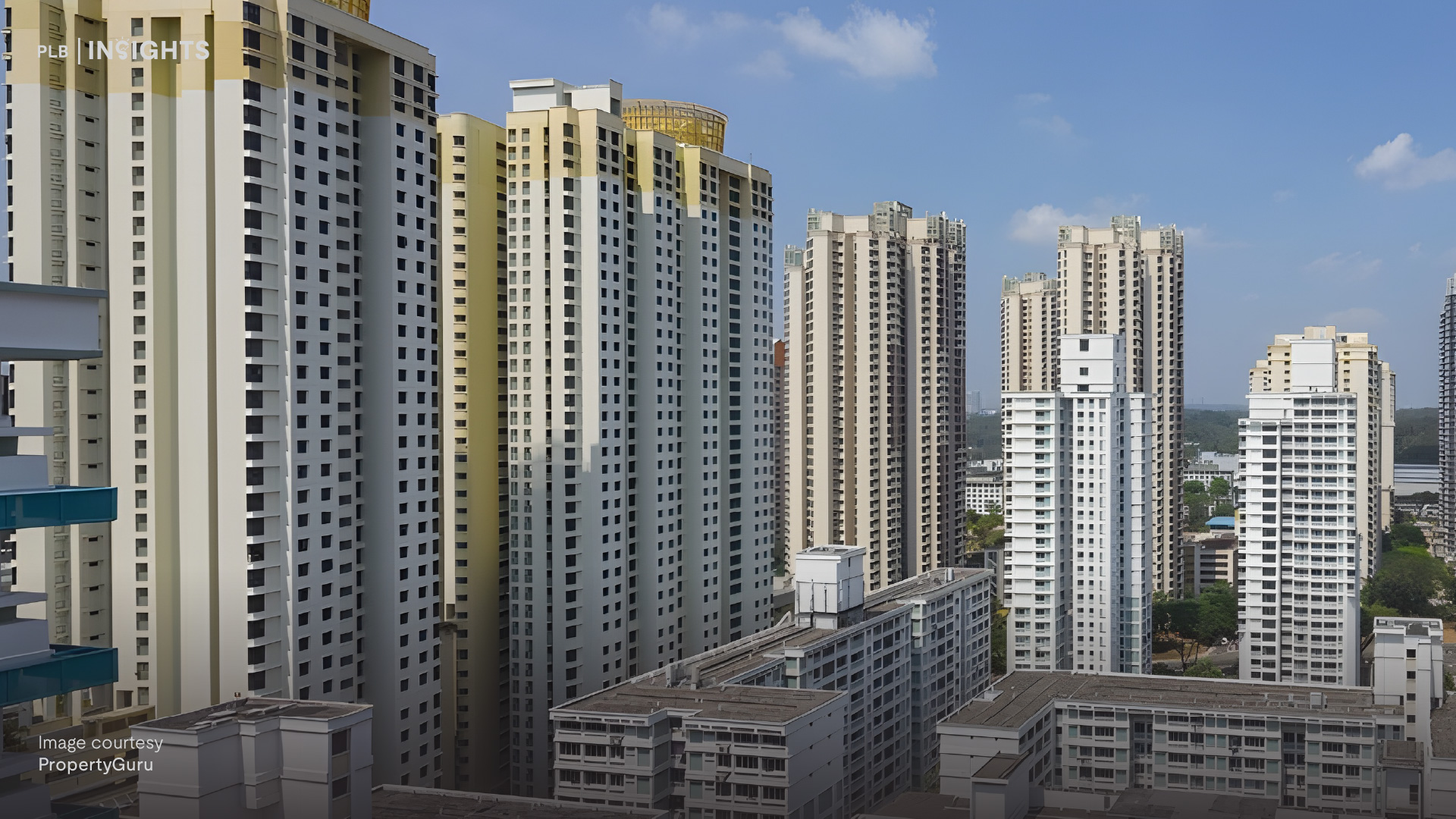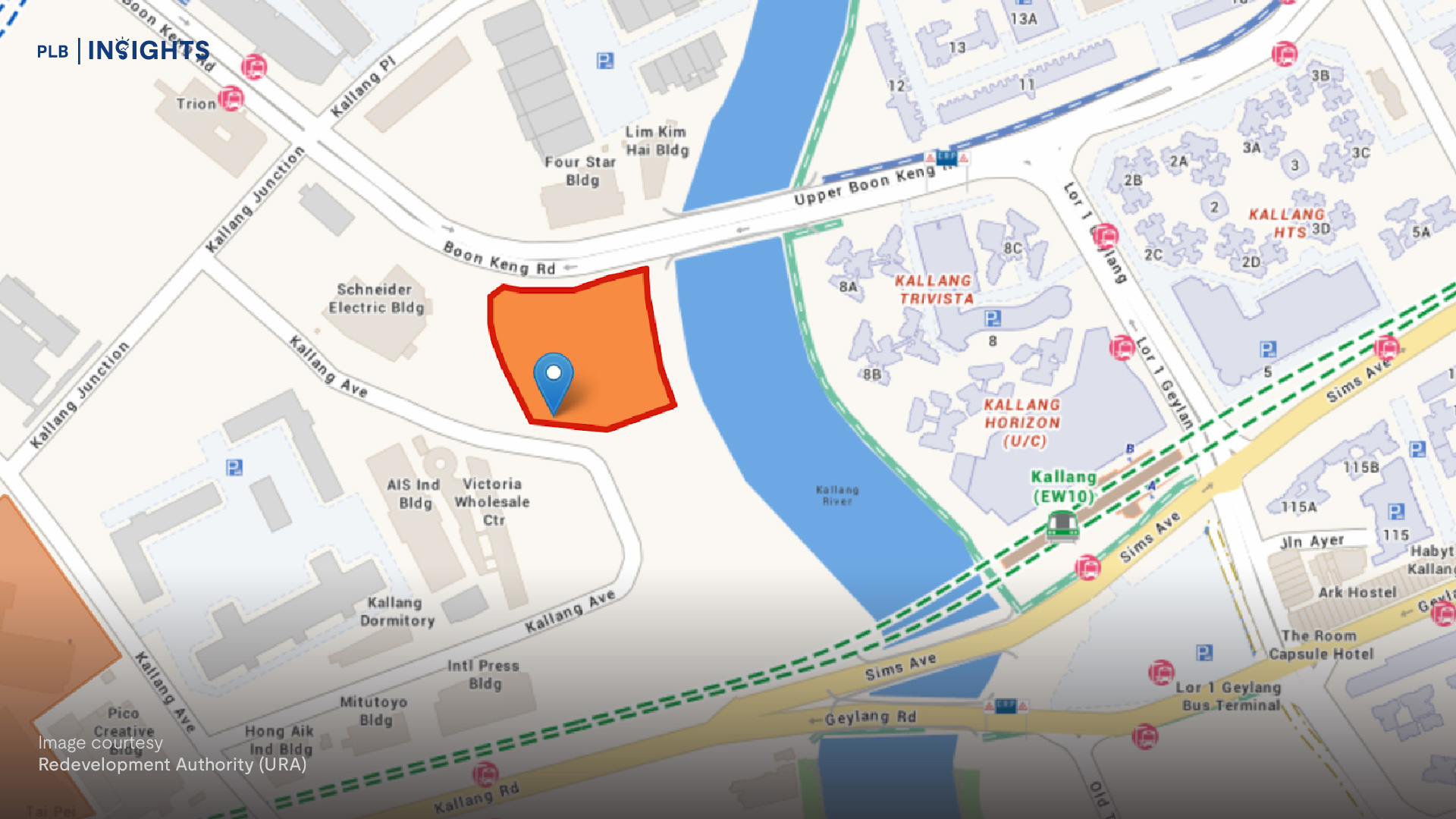
In a previous article, we examined some of the measures introduced by both the US and Singapore that aim to stimulate the economy, post Covid-19. Historical lows in our interest rates have made borrowing costs for mortgages affordable, incentivising buyers to invest in real estate properties.
While these low interest rates have encouraged buying, it has also pushed property prices to a new high – 5.8% over April 2020, and specifically, 2.6% in the Core Central Region (CCR), 5.5% in the Rest of Central Region and 7.3% Outside of Central Region (OCR) – with buyers rushing in to get a piece of this booming real estate market.
Knowing the correlation between low interest rates and high property prices, investors buying real estate have been timing the market to ask: Will increasing interest rates cause property prices to drop? If so, should I wait for that to happen? In this article, we examine the correlation between interest rates and property prices, and make the case for the “Singapore Exceptionalism” – arguing that various factors that cushion the real estate market in Singapore make it unlikely for property prices to fall, despite rising interest rates.
Understanding the correlation between interest rates and property prices
Why the infatuation over interest rates? Let’s first take a look at how interest rates affect affordability, demand and subsequently price.
Interest rate is defined as the rate charged by the lender of the money, in this case the bank, to the borrower. Regardless of purchase, buyers often finance their buy by borrowing an amount from the bank, of which they pay back in instalments after. Interest rates around the world are determined by myriad factors, saliently market conditions, loan terms as well as current and expected inflation rates.
When interest rates drop, demand for assets usually increases. With low mortgage rates or monthly repayments, buyers are incentivised to purchase higher price quantum properties, thus increasing buying power. Conversely, when interest rates increase, buying power decreases, causing demand for properties in the real estate market to drop. As demand decreases, prices often follow suit to compensate.
As such, many investors who believe that an increase in interest rates causes property prices to taper down, often buy into the mentality of entering the market at a later stage, when interest rates increase.
Current market situation
The interest rate used in Singapore closely mirrors that of the US Treasury since they have zero default risk and are hence considered to be risk-free. In May 2020, US Treasury yields (rates) hit 0.8%, the lowest in 5 years, causing a widespread effect across the financial system, ultimately leading to lower mortgage loan rates.

In May 2020, a sudden drop in interest rates was witnessed due to the uncertainty that came with the pandemic leading to the huge influx of investors choosing to park their money in safe government bonds instead. Today, with the pandemic slowly coming under control in the US, there are plans to adjust interest rates back to its pre-pandemic levels. The US Treasury rate, a proxy for interest rates, has already been creeping up since August 2020.

Source: US Treasury Dept
More recently, in June this year, the US Fed commented that a significant increase of their benchmark rates to 0.6% (currently near zero) will happen in late 2023, or even earlier in 2022 if economic conditions are right.
Similarly, this rising interest rate is also mirrored back here in our homeland.
On April 6 2021, Senior Minister Tharman cautioned that the increase in US interest rates will set precedence for rising interest rates in Singapore. This comes with a warning from the Monetary Authority of Singapore (MAS) that buyers should therefore exercise prudence in their property purchase decisions, or risk an inability to keep up with their mortgage payments. Mr Tharman also shared that Singapore’s economy was expected to grow between 4 per cent and 6 per cent in 2021, after shrinking 5.4 per cent in 2020.
The “Singapore Exceptionalism”
Although the consensus is that the interest rates will eventually increase, the timing is unpredictable. This creates uncertainty for those who are looking to capitalise on rising interest rates and lower home prices. However, it is important to bear in mind that Singapore is a unique market – the usually bearish scenario of rising rates tends to cause a bullish effect on home prices. As someone looking to get into the housing market, this may be a good opportunity to benefit from “Singapore Exceptionalism”.
Interest rates increase, prices actually increase
Contrary to other real estate markets, Singapore home prices have been shown to increase in tandem with interest rates. The only instance where prices fell due to a rate hike was during the Asian Financial Crisis in 1997 where there was a big increase in interest rates.

This is testament to the resilience of the Singapore economy as well as our property market, reiterating that even increasing interest rates cannot dampen the interest in the real estate market.
Supply decreases in the real estate market
Higher interest rates also contribute to higher home prices by lowering the supply of available properties. Majority of homeowners who sell their houses are immediately looking to move into a new place. When rates are high, getting a loan for the new house becomes more expensive demotivating homeowners to purchase new properties. The amount of sellers decreases hence lowering the supply of houses available. With a lack of competition, it becomes a sellers’ market, where sellers are able to command higher prices for their properties.
While property buyers looking to buy and sell as investment may not be as affected by this lack of supply – they can always capitalise on selling high and buying low in the future – the fact is that 70% of buyers in Singapore are homeowners. This means that a large majority of buyers are the group who are reluctant to refinance new properties at a higher rate, compared to investors.

Singaporeans possess high holding power
Another unique point about Singapore is that homeowners here tend to have a high holding power. This means that the time from purchase to sale of a property is long, and usually longer than our Western counterparts. Additionally, based on research by Morgan Stanley, this holding period has been steadily increasing over the past decade, suggesting that homeowners will be increasingly more reluctant to sell their properties. Having a high holding power – a lack of urgency to buy or sell – contributes to lower supply and increases home prices, as buyers have a lack of incentive to purchase when interest rates are high.

Seller’s Stamp Duty (SSD) also causes holding period to lengthen
Homeowners’ holding power is also strengthened by the introduction of sellers stamp duty (SSD) which further reduces the incentive for a homeowner to let go of their property. Since SSD was introduced in 2010 and subsequently increased in 2011, the proportion of homeowners who sold houses after less than 3 years of ownership fell drastically from 40% to 2% where it has stayed since.
The “Singapore Exceptionalism”
All factors considered, we know that the current environment is a seller’s market because homeowners are enjoying lower mortgage rates, higher holding power (due to SSD), and are in no rush to repurchase a home at a higher mortgage rate. With less supply and a constant demand for homes, the price of property naturally moves up.
In fact, similar arguments were made in the controversial report by Morgan Stanley back in 2017 which predicted a doubling of property prices in Singapore by 2030.

In 2017, Morgan Stanley released a report (see Singapore Economics & Property: Property Prices Inflecting and On Track to Double by 2030, April 2017) that predicted that Singapore’s housing prices would double by 2030, with a huge 73% increase even in the worst-case scenario.

They doubled down on that prediction the following year (see Singapore Property and Economics Stronger for Longer, October 2018) despite rising rates and policy risks. Fast-forward a few years and we see that the predictions were indeed correct and home prices have risen consistently since 2018, even in spite of the completely unpredictable consequences of the Covid pandemic.

Morgan Stanley prediction of home prices for 2018 and 2019.
Prices for residential landed property also increased by 7% and 5% in 2018 and 2019 respectively, and they have continued to rally in 2020 and 2021 for reasons we have covered in our earlier article.

Graph from Statista, interpretation – own
The team at Morgan Stanley believed in their optimistic prediction for increased home prices based on multiple demand and supply drivers which we believe continue to remain strong today. We sum up here the 5 drivers that make the case for exceptional resilience in the Singapore real estate market. These drivers have persisted throughout the pandemic and have also been the main force for foreign investments in our property market.
#1 Singapore’s household formation rates are still rising, leading to greater basic demand for housing.
#2 Singapore’s economy continues to grow, indicating greater income for the population and ability to afford homes.
#3 Investment capital is flowing into the country through various channels such as mega-flagship projects and companies’ regional headquarters setup, supported by Singapore’s safe global hub status amongst a less stable South East Asian landscape.
#4 Policies and manpower trends that alleviate selling pressure that is common with an ageing population who tend to sell off their estates for retirement funds.
#5 Responsive policies that prevent the build up of excess supply in the market helps to keep prices up. Examples of this include the July 2018 cooling measures discouraging of land acquisitions through en blocs.
In conclusion…
The introduction of Singapore Overnight Rate Average (SORA), the volume-weighted average rate of borrowing transactions in the unsecured overnight interbank SGD cash market in Singapore between 8am and 6.15pm, makes Singapore resilient to sudden market changes in the US, and other parts of the world.
The various factors proposed above also make the case for the “Singapore Exceptionalism” – a resilient market that has and will most likely continue to withstand increasing interest rates throughout the years. While rising prices usually mean lower property prices around the world, an anticipation of that here at home requires proper analysis of the market. To answer your questions: Will increasing interest rates cause property prices to drop? If so, should I wait for that to happen? We make the case here that Singapore’s unique disposition may suggest that increasing interest rates are unlikely to cause property prices to drop. With careful optimism, we propose that sooner than later, is a better time to enter the market.
If you’re still keen on researching more about the market or are looking to enter at this opportune time, stay on our Insights page and find out more, or contact us for more questions here.



